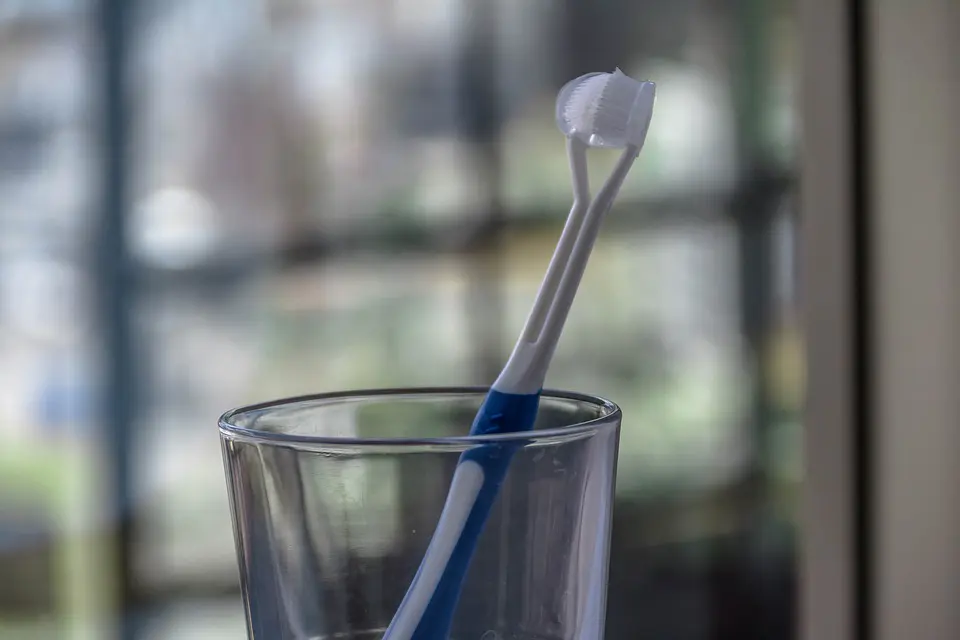Most people are used to their dentist doing a regular cleaning on their teeth twice a year. If the dentist recommends doing a deep cleaning, the usual reaction is to be alarmed since there might be something seriously wrong with your teeth.

(Pixabay / bryanrockpunk)
A deep cleaning, also known as scaling and root planing , is required when there is a large amount of tartar and bacteria under the gums. Pockets between the gums and the teeth may develop when the teeth have not been professionally cleaned for a long period of time or when a person does not brush or floss on a regular basis. When the pockets reach a certain depth, they are called periodontal disease, or gum disease. If left untreated, there’s a large possibility of tooth loss and other damage to the mouth. Regardless of the cause of the periodontal disease, the first line of defense against it is deep cleaning the teeth in order to clear the pockets of bacteria and tartar build-up.
A regular cleaning, on the other hand, is performed to maintain healthy gums. You have healthy gums when there is a small, shallow space between your teeth and gums. A regular cleaning procedure involves a thorough cleaning of the bacteria and tartar build-up in the space between the teeth and the gums. A person who regularly brushes and flosses his or her teeth will have minimal bacteria and tartar build-up. You can tell if you have healthy gums if they are pink in color and that there is little or no bleeding when you brush or floss your teeth.
During your dental examination, your dentist will examine your teeth and gums, allowing him to decide what type of cleaning you need. During the dental examination, your dentist will be calling out numbers during the gum measurements. You should be glad if you hear low numbers. If your dentist calls numbers that are lower than 4, you will only need a regular cleaning. If he calls out number 4 or higher, you may require a deep cleaning.
Brush and floss your teeth regularly so that your dentist will call out low numbers every time you go for a dental examination.
